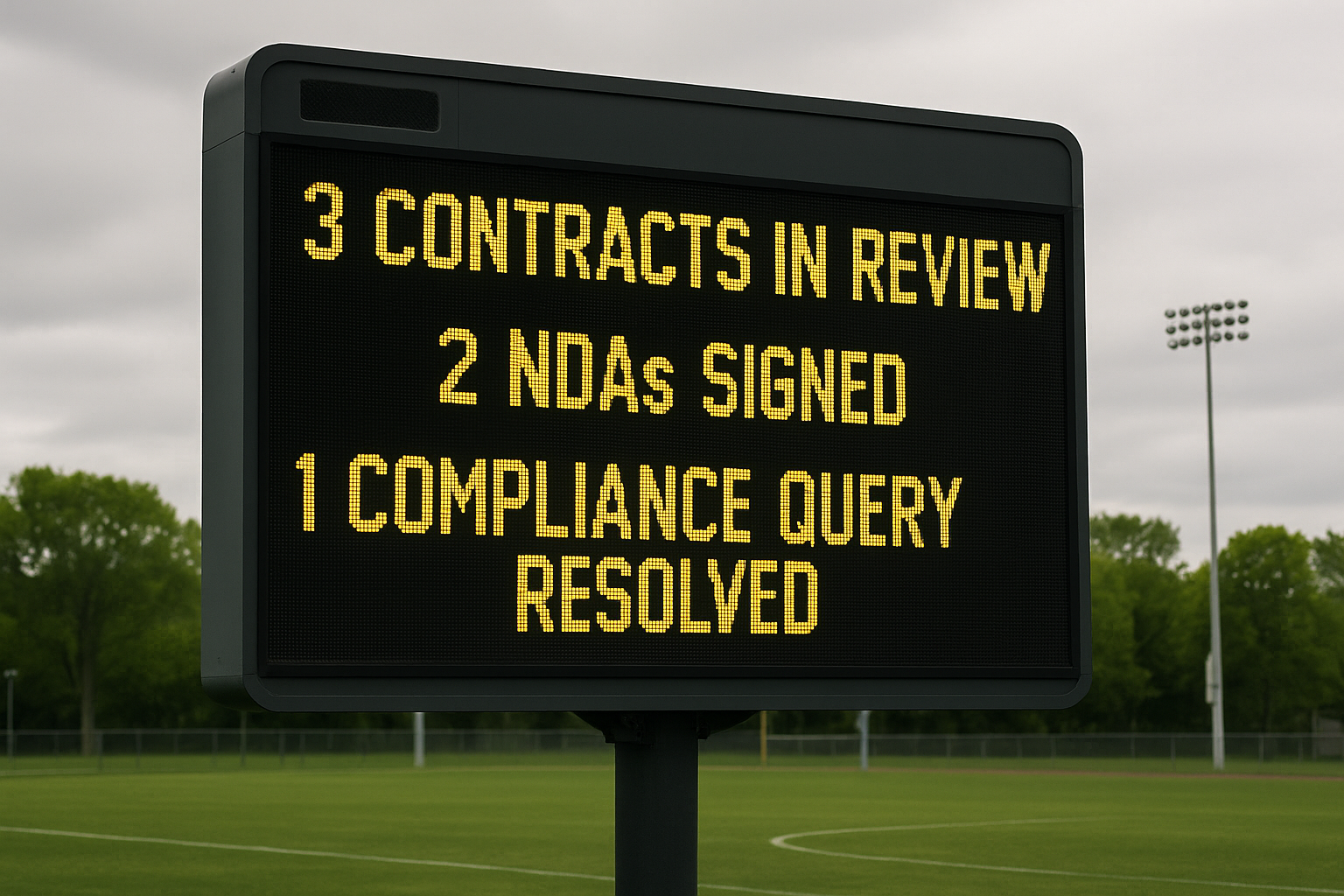
Sign up to our newsletter
Get insightful automation articles, view upcoming webinars and stay up-to-date with Checkbox
Reading time:
[reading time]

If you’re a follower of Elon Musk on Twitter you might be starting to develop a certain paranoia: artificial intelligence is coming for my job, my government, and even my planet.
Once the realm of science fiction, artificial intelligence and automation is in fact very real, and very advanced in 2019. Though Musk’s paranoid late-night tweets about the existential threat that is an all-enveloping AI overlord may be overblown, he does have a point; we need to be conscious about how we use automation and AI and what it is replacing.
It has taken just over two years for successful tech startup Checkbox to come to terms with what they really were doing with their unique product. Checkbox is a disruptive platform where professionals can build applications that automate manual processes, such as workflow solutions like basic decision making and document generation.
It might seem like a complicated product at first glance, but Checkbox says that even the most novice computer user can come to grips with the technology. The service is completely free from code and designed to be user friendly.
Since its establishment just over two years ago, Checkbox has fast emerged as a major player in Australia, and its founders James Han (right), Paul Wenck (left) and Evan Wong (centre) have big ambitions for the future and are chasing unicorn status. The three are well on their way, with clients like Allianz, Clayton Utz, Qantas, LexisNexis, and Gilbert & Tobin the pair have made themselves known to corporations that employ the best and brightest Aussies.
Wong tells Business News Australia that it has taken Checkbox a while to realise exactly what type of tech company they are.
“We’ve had a recent revelation as a business as to where we fit in in the technology and vendor landscape,” says Wong.
“We are calling ourselves EPA Expert Process Automation. The easy way to think about it is the flipside of RPA, which is robotic process automation, which is also an emerging tech solution. RPA helps organisations automate manual human processes, which do not require an expert. Whereas EPA is basically a platform that allows you to automate the processes that do require an expert. And so that will be a combination of intake, making assessments, drawing conclusions and generating documents.”
As a result, Wong says that Checkbox is not out to make experts redundant and replace them with machines, rather what Checkbox can do for businesses is improve manual, laborious processes.
“Yeah It’s not about replacing experts, it’s actually about replacing the manual work that experts have to do,” says Wong.
“The idea is to use EPA to be able to build a self-service piece of software where employees can actually get the answer just by asking the system rather than asking the actual expert.”
Wong compares the advancements being made by Checkbox and other automation and AI tech businesses to how Google revolutionised the education sector.
“The trend that I see for professional services, legal services, and financial services, is very similar to what I’ve seen in education which is previously the education system was around learning and memorising, wrote learning knowledge because there was no other way to access that knowledge,” says Wong.
“But with the progression of technology and things like Google education is less about remembering and retaining information because you can just ask Google. It’s more about applying that knowledge and the problem solving around it.”
“With EPA professionals will be pushed further up the chain around creativity, problem solving, client relationships, and interpreting the information and data that’s presented in front of them.”
Like many entrepreneurs, Wong’s expectations for the startup have grown as time has passed. With such a scalable, tech-based product it might appear as if Wong and Han can go global at the flick of a switch, but Wong says that is not the case at all.
“What’s limiting us from globalisation is more around the operations piece which I learnt very quickly,” says Wong.
“I thought surely as a technology business with no real constraints around product we could just globalise at the click of a few buttons. But it was really the operations aspect of having the people on the ground, the customer success, the onboarding, the support, the trading, the relationship piece that holds us back. Because we are fundamentally an enterprise software business.”
For the trio, it is a matter of capital holding them back from hitting new heights but, with a Series A on the cards in the next 12 months, you can expect to see Checkbox in more businesses soon.
You can find the original article here, from Business News Australia.
Frequently Asked Questions
What is a workflow solution?
A workflow solution refers to the use of software to automate tedious and manual processes of workflow sequences that are industrial, administrative, etc.
What is expert process automation?
EPA is a technology that enables the digitization and automation of expert knowledge and processes. Using EPA, a company can build software without programming skills that emulate the work of a subject-matter expert by using a no-code graphical user interface (GUI) to implement content, if-then logic, and actions.
What is the difference between RPA & EPA?
While RPA is about replicating the exact actions a human user would take, EPA is about replicating the exact decisions and actions that an expert would take.

Checkbox's team comprises of passionate and creative individuals who prioritize quality work. With a strong focus on learning, we drive impactful innovations in the field of no-code.
Book a Demo
See the New Era of Intake, Ticketing and Reporting in Action.

.svg)


